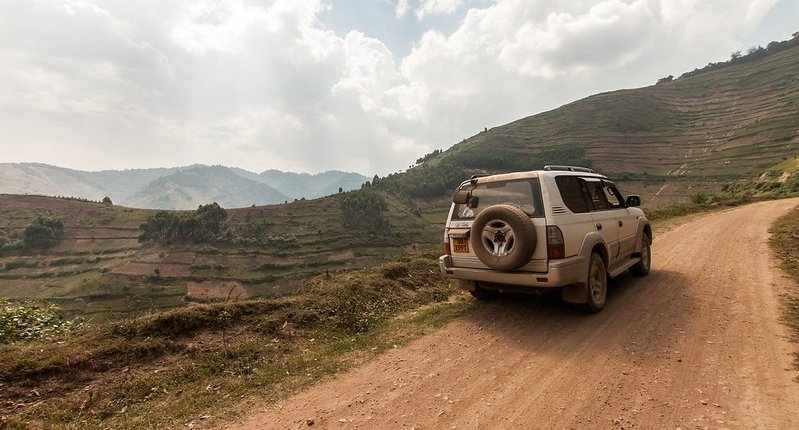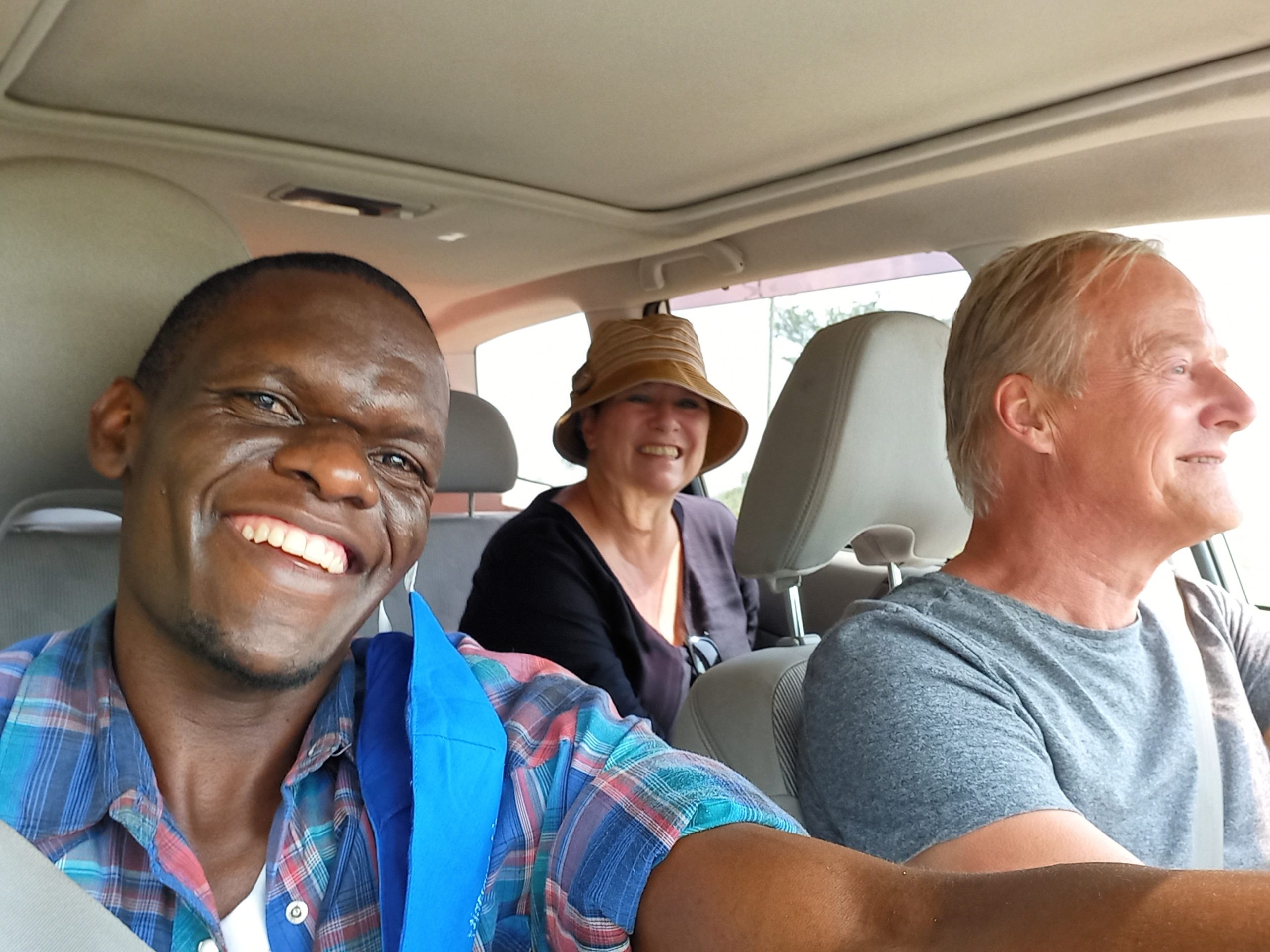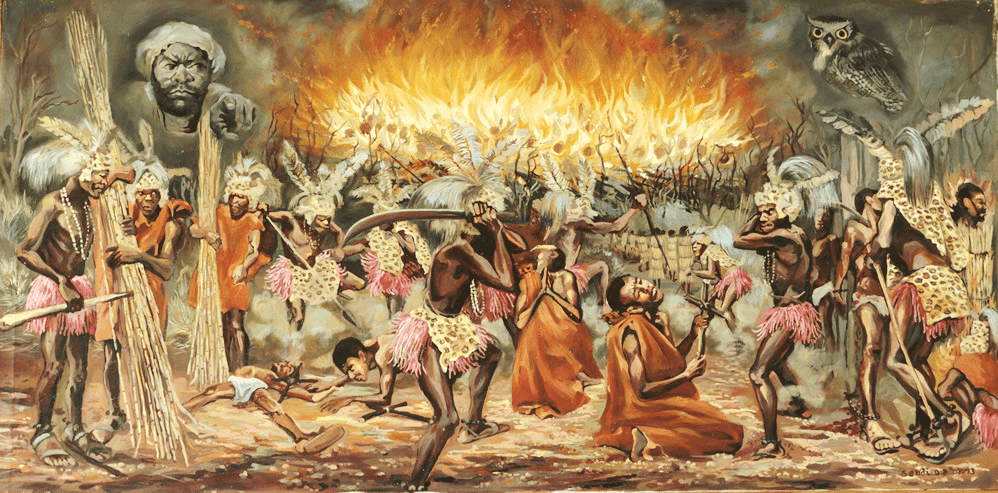
Top 9 Vital Things You Learn from a Uganda Driving School
Enrolling in a driving school is one of the most important investments you can make as an aspiring driver in Uganda. While some people believe they can learn to drive from friends or family members, a professional driving school offers structured, comprehensive training that goes far beyond simply operating a vehicle. Quality driving schools in Uganda equip students with essential knowledge, practical skills, and the confidence needed to navigate the country’s unique road conditions safely. Here are the top things you’ll learn from a reputable Ugandan driving school.
Mastering Vehicle Control and Basic Operations
The foundation of any driving education begins with understanding your vehicle. Driving schools teach you the proper seating position, mirror adjustment, and how to hold the steering wheel correctly. You’ll learn the functions of all controls—accelerator, brake, clutch (for manual transmission), gear shifting, indicators, lights, wipers, and the handbrake. While these might seem basic, proper technique from the start prevents the development of bad habits that can be dangerous or difficult to unlearn later.
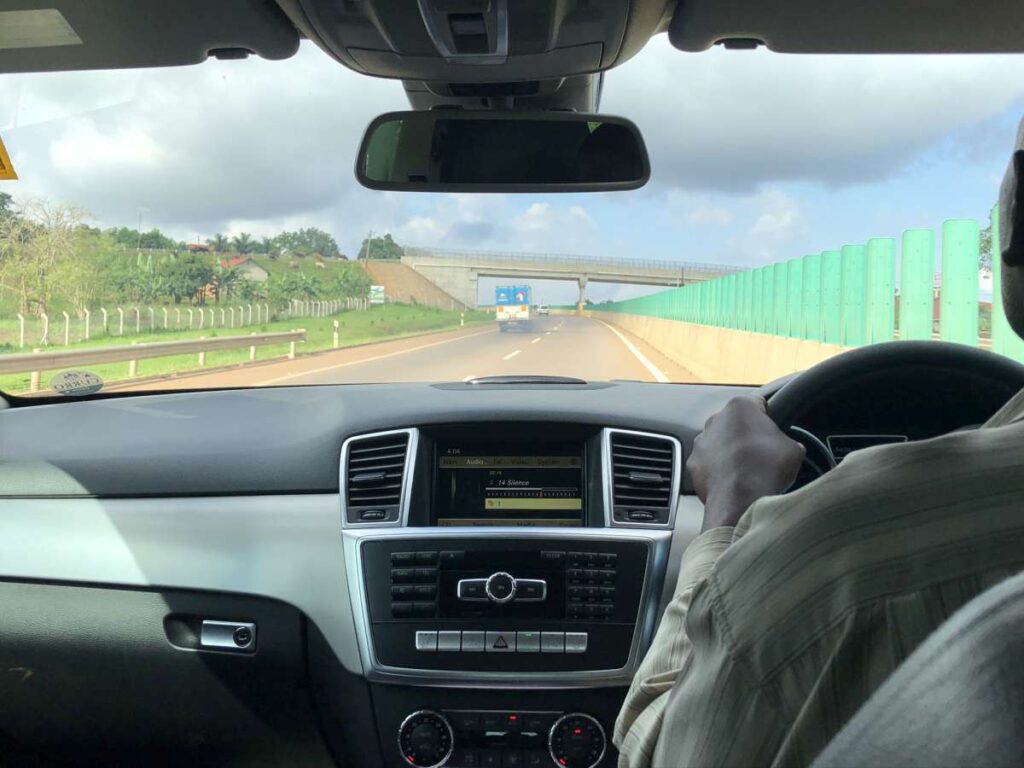
Instructors guide you through starting and stopping smoothly, which is particularly important for Uganda’s stop-and-go urban traffic. You’ll practice gear changes, learning when to shift up or down based on speed and road conditions. For those learning manual transmission, mastering clutch control on Kampala’s hills becomes a crucial skill that prevents stalling at inconvenient moments.
Understanding Uganda’s Traffic Laws and Regulations
A comprehensive understanding of traffic laws is essential for both passing your driving test and staying safe on the roads. Driving schools thoroughly cover the Uganda Highway Code, teaching you about speed limits, right-of-way rules, overtaking regulations, and parking restrictions. You’ll learn what different road signs and markings mean—from regulatory signs like stop and yield, to warning signs indicating curves or hazards ahead, to informational signs providing directions.

Schools also educate students about legal requirements for drivers, including license categories, insurance obligations, vehicle inspection requirements, and the consequences of traffic violations. Understanding these laws isn’t just about avoiding fines; it’s about participating responsibly in Uganda’s road system and protecting yourself legally.
Defensive Driving Techniques
Perhaps the most valuable skill Ugandan driving schools teach is defensive driving—the art of anticipating and responding to potential hazards before they become emergencies. Given Uganda’s challenging road conditions and mixed traffic, defensive driving is essential for survival. You’ll learn to constantly scan the road ahead, checking mirrors regularly, maintaining safe following distances, and positioning your vehicle strategically.

Instructors teach you to anticipate the unpredictable: the boda boda that might suddenly swerve into your lane, the pedestrian who might cross without looking, the vehicle ahead that might stop without warning, or the pothole hidden in a puddle after rain. This anticipatory mindset transforms you from a passive vehicle operator into an active safety manager.
Navigating Uganda-Specific Road Conditions
Quality driving schools prepare you for the realities of Ugandan roads, not idealized conditions. You’ll practice driving on different road surfaces—smooth tarmac, potholed highways, and murram roads. Instructors teach you how to handle speed bumps safely (a skill you’ll use daily in Uganda), navigate flooded roads during rainy season, and manage dust clouds that reduce visibility on rural routes.
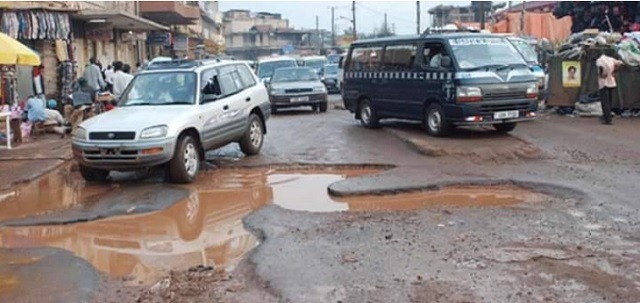
You’ll learn to share the road with Uganda’s unique traffic mix: aggressive boda bodas, matatus that stop unpredictably, pedestrians, cyclists, livestock, and occasionally wildlife near national parks. Schools teach you how to navigate roundabouts—common in Ugandan cities—and how to handle the uncontrolled intersections where traffic lights aren’t functioning due to power outages.
Hazard Perception and Emergency Response
Driving schools train you to identify potential hazards early. You’ll learn to recognize danger signs: children playing near the roadside, animals grazing close to the highway, vehicles with mechanical problems, or road conditions that could cause loss of control. Early hazard recognition allows you to adjust your speed and position proactively rather than reacting in panic.
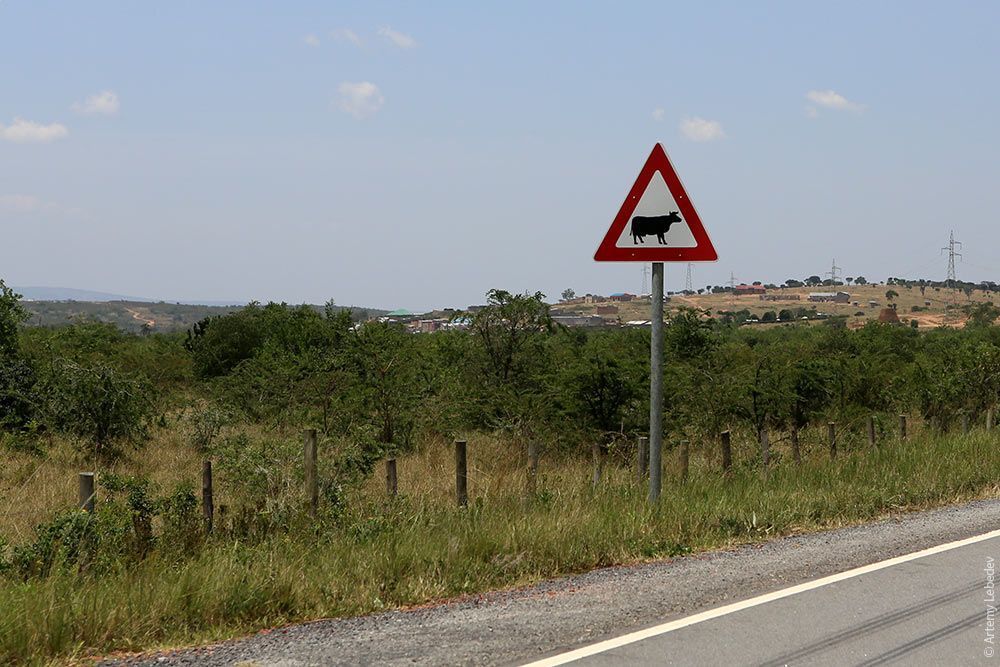
You’ll also learn emergency procedures: what to do if your brakes fail, how to handle a tire blowout, how to regain control during a skid, and proper procedures following an accident. This knowledge can be lifesaving in critical moments.
Parking and Maneuvering Skills
Parallel parking, reverse parking, three-point turns, and hill starts—these maneuvers challenge many learners but are essential for daily driving in Uganda. Driving schools provide structured practice in controlled environments before you attempt them in real traffic. You’ll learn spatial awareness, understanding your vehicle’s dimensions, and using mirrors and reference points effectively.

These skills are particularly important in Kampala’s crowded parking areas where space is limited and precision is necessary to avoid damaging your vehicle or others.
Building Confidence and Road Awareness
Beyond technical skills, driving schools build your confidence through progressive exposure. You start in quiet areas, gradually advancing to busier roads as your competence grows. Instructors provide constructive feedback, correcting mistakes without destroying confidence. This measured approach ensures you’re genuinely ready for independent driving rather than just capable of passing a test.
You’ll develop situational awareness—the ability to process multiple information sources simultaneously (traffic ahead, mirrors, road signs, pedestrians) and make quick, safe decisions. This mental skill separates competent drivers from merely licensed ones.
Vehicle Maintenance Basics
Responsible driving schools teach basic vehicle maintenance: checking oil levels, tire pressure, coolant, brake fluid, and recognizing warning lights on your dashboard. You’ll learn when to seek professional help and how to perform roadside basics like changing a tire. This knowledge prevents breakdowns and extends your vehicle’s life.

Ethical Driving and Road Safety Culture
Finally, quality Ugandan driving schools instill values beyond mechanics. You’ll learn about the devastating impact of drunk driving, the importance of seat belts, the dangers of distracted driving, and respect for all road users. Schools emphasize that driving is a privilege carrying serious responsibilities—not just to yourself but to every person sharing the road.
Conclusion
A professional driving school education in Uganda provides far more than the minimum skills needed to pass a test. It creates safe, confident, responsible drivers who understand both the technical aspects of vehicle operation and the broader context of road safety. This comprehensive education is an investment that pays dividends every time you drive, potentially saving your life and the lives of others. When choosing a driving school, look for one that teaches all these elements thoroughly—because learning to drive properly the first time is far easier than unlearning bad habits later.
Planning to start driving in Uganda, make sure you enroll to a good driving school in Kampala city so you get the much needed road skills. Mumwe Safaris not only offers professional drivers for hire in Uganda but also offers driving courses for beginners, defensive and advanced driving techniques among others. To join us- simply send an email to info@rentadriveruganda.com or call +256-700135510 to speak with the reservations team.

